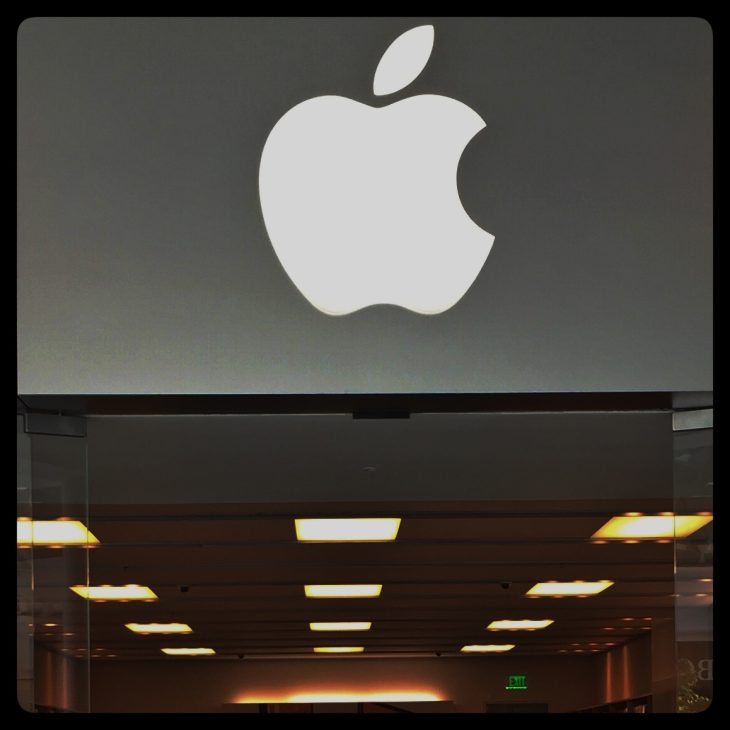Seems like as good a day as any to start a new job.
Yes, I have a day job now.
I was hired by Apple to work in their Green Hills… well, they don’t want to call it a “store” any more. So I just work at “Apple Green Hills.
Please come by and say hello. I will be happy to direct you to the people who can resolve your issue (it ain’t me, babe…)

